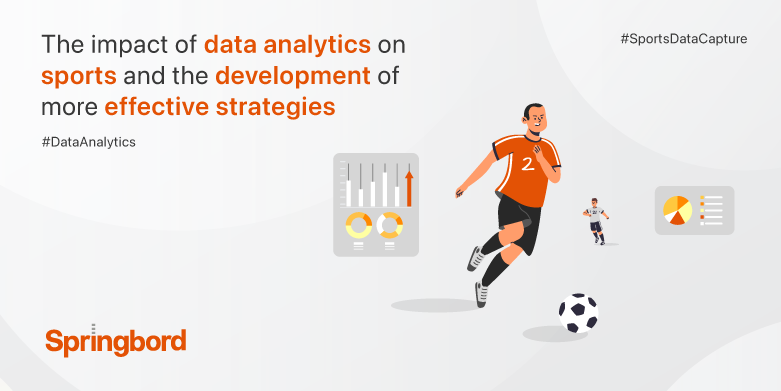M
E
N
U
Sports data has become an integral part of modern-day sports. It helps sports teams and organizations make informed decisions, improve their performance, and provide better experiences to fans. With the rise of technology, sports data is becoming more accessible, making it easier for sports organizations to collect, analyze, and interpret the data. In this article,
Data analysis in sports has progressed well beyond traditional sabermetrics and in-game metrics. Several sporting groups benefit from it in various ways. Here are some of the ways that analytics have been (and will continue to be) recognized globally in the industry. 1. Enabling Victory for Teams Currently, teams can utilize analytics tools to digitally
Whether it is football, baseball, cricket, basketball, or formula 1, every professional sport today has become highly competitive, where even the smallest of change can impact the entire course/outcome of the game. From hard-core loyal fan base to seasonal followers every enthusiast is looking for more and detailed information related to performance and surrounding events
“People in both fields operate with beliefs and biases. To the extent you can eliminate both and replace them with data, you gain a clear advantage” – A quote by Michel Lewis, from his book Moneyball. The Art of Winning an Unfair Game. A book (and subsequent movie) about Billy Bean, the Executive Vice




